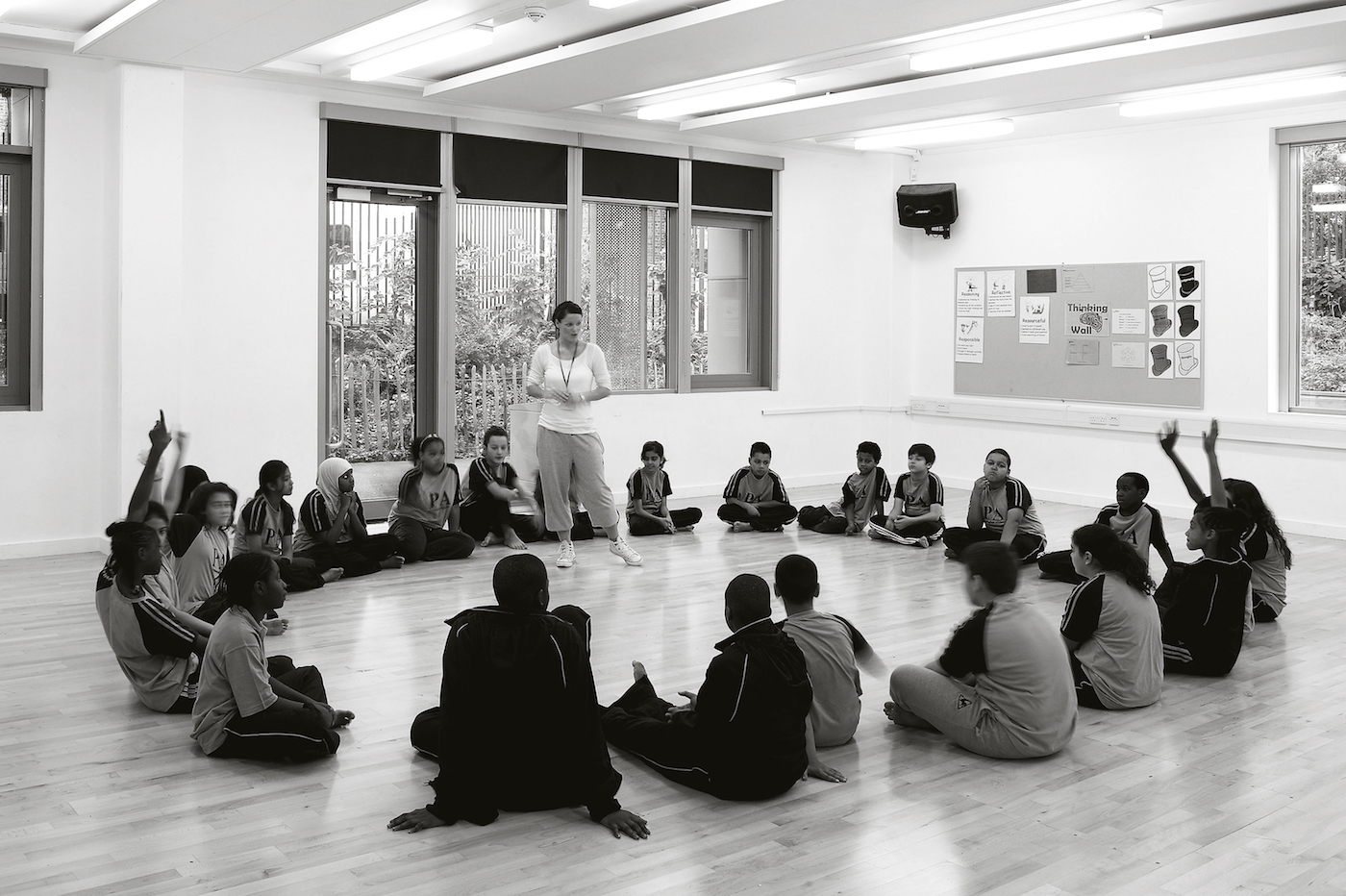This blog post was published under the 2017 – 2019 Conservative government
Holte School serves a densely populated part of Birmingham that is ethnically diverse and culturally rich. Unfortunately, a prevalent gang and drug culture, poor housing and high levels of violent crime pose a significant risk to our students and their families.
Our approach to protecting and safeguarding children is not defined by one specific strategy; rather, we strive to put values, character and students’ SMSC (spiritual, moral, social and cultural) development at the foundation of everything we do. This helps empower students to responsibly and effectively self-manage risks, including those associated with extremism and radicalisation.
All staff and students at Holte School have a clear understanding of the value of SMSC and, from this foundation, we aim to give our students the required skills to engage effectively with the concepts of extremism and radicalisation. For example, a weekly SMSC newsletter is issued to students, staff and the community, exploring contemporary and controversial issues. There is an expectation that students discuss and debate these issues during form time.
Another effective strategy for promoting discussion and debate is the use of circle time and for this, we use ‘Philosophy for Children’ (P4C). Indeed, as a ‘restorative school’, communication, dialogue and emotional intelligence are an integral part of our school culture.
When speaking to young people about extremism specifically, it is never presented as the problem of one community or religion, but as a multifaceted problem with a plethora of causes, forms and consequences.
- Year 7 students, for example, will use P4C to explore controversial issues, and explore online safety
- Year 8 students explore the Civil War in Syria and a history of extremism
- Year 9 students focus on activism and community cohesion
- Year 10 and 11 students look at the process of radicalisation, the law and the stories of those who have been radicalised, including right-wing extremists
- Sixth Formers consider radicalisation within the context of international politics and the government’s Prevent strategy
In support of this curriculum we also invite a range of organisations into our school, such as Tapestry and Upstanding Neighbourhoods, but it is essential that such organisations complement an existing curriculum.
As a school, we are acutely aware of the political sensitivities surrounding prevent, extremism and radicalisation. Therefore, we work closely with our community when developing our strategies for protecting students from radicalisation to ensure that there is transparency in what we do and a relationship based on trust.
Where appropriate, we also invite specialists into school, such as Channel mentors, imams from local mosques and community leaders from our local youth groups to help us engage with the community on a range of safeguarding issues.
Ultimately, the challenge is both helping to protect children from extremism and radicalisation and establishing a culture in schools where students can flourish as individuals. There is an array of safeguarding challenges, but it’s vital that we prepare them for life in a modern, globalised world.

